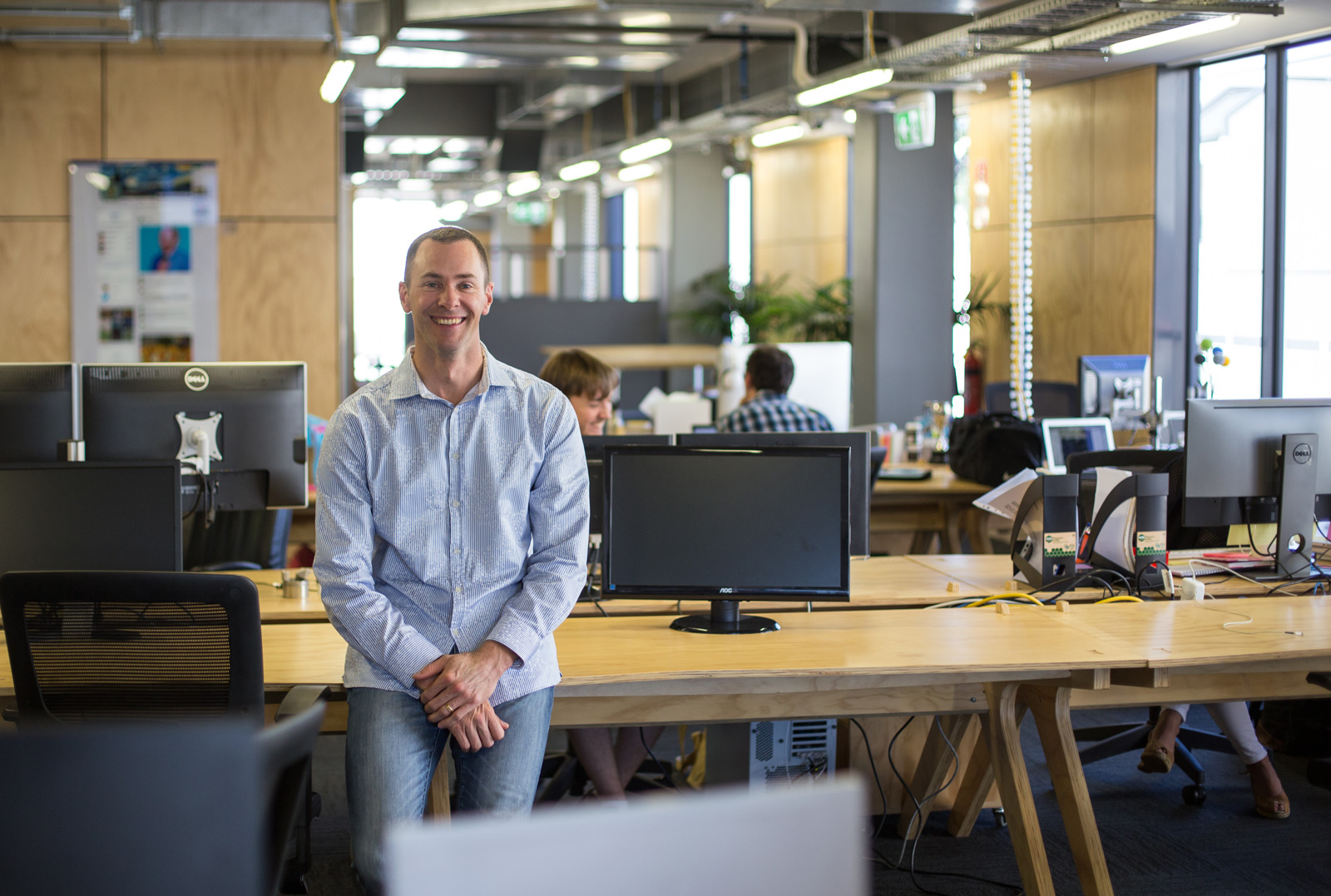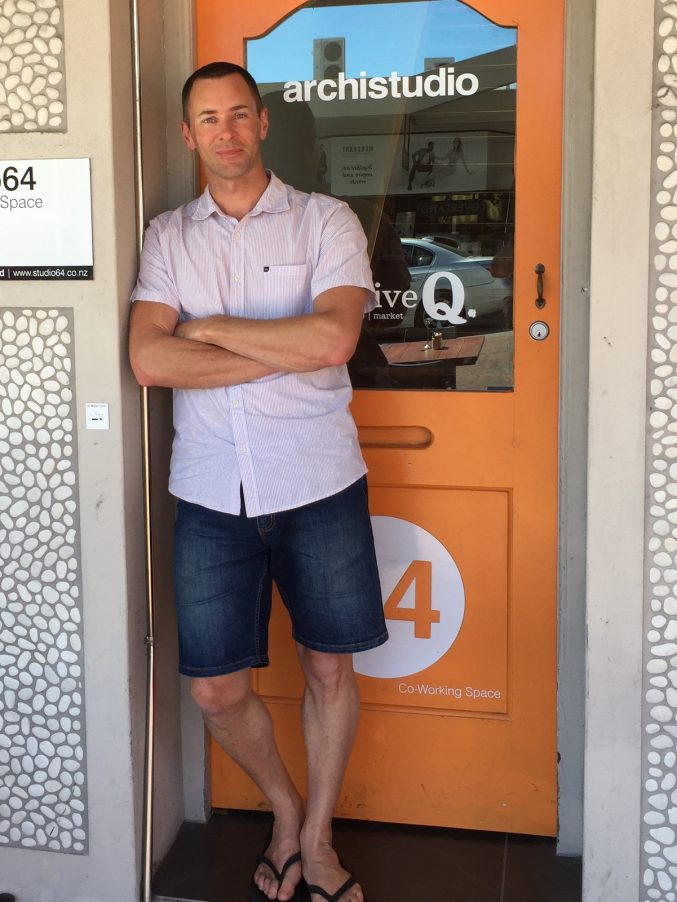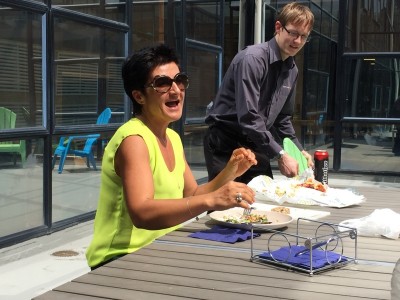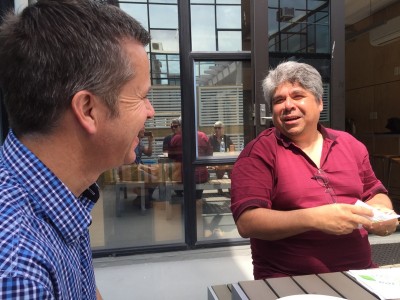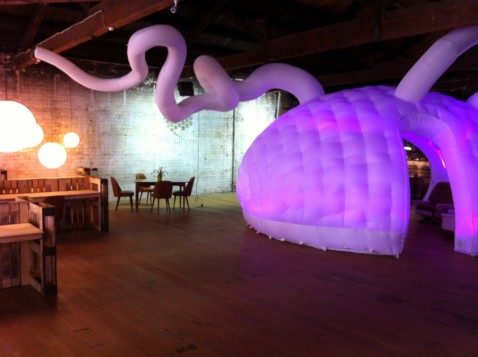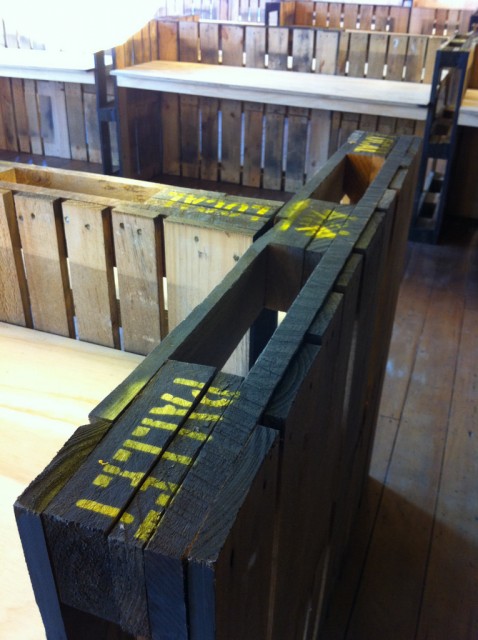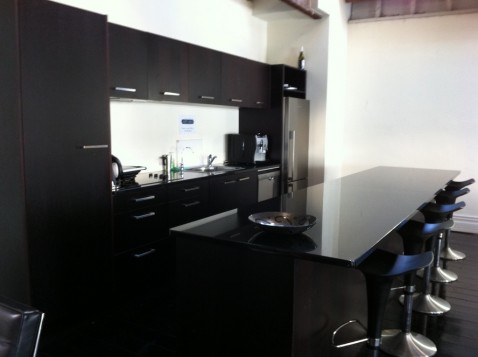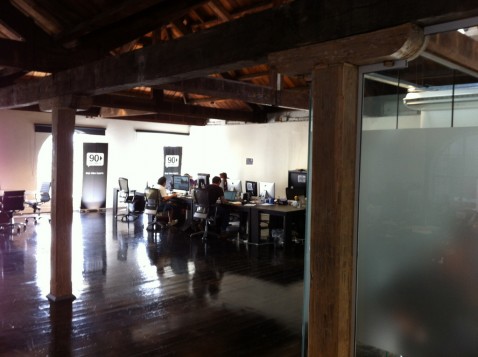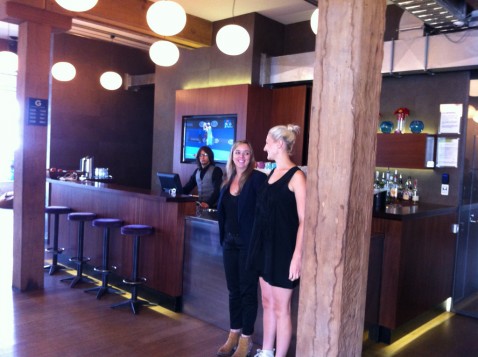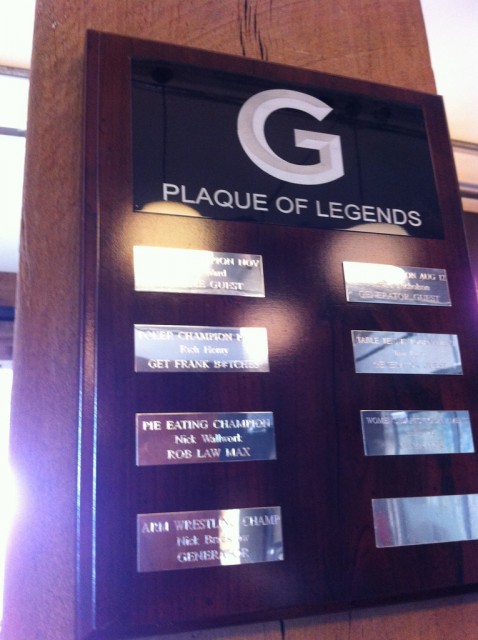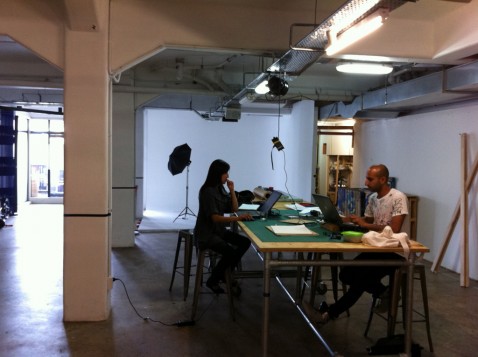This article is for those of you who are working from home right now, and it’s purpose is to show you what you could gain from moving out of home into a co-working space in the city centre.
This is part 2 of 2. Read part one: 5 Reasons Why Working From Home Sucks
I worked from home for 3.5 years. I have now been in a co-working space for 10 weeks, and now I realise what I was missing out on.
15 Good Reasons Why Co-Working In The City Centre Is Awesome
1. Growing your business is good
In a co-working space you can network without even trying. You don’t have to go out in the evenings for networking when you can network with your co-workers and the people they bring in everyday.
It’s easy to generate new business when you are in a co-working space because you quickly become comfortable sharing your clients around, sticking to your strengths, and outsourcing the jobs you don’t like to make room for the jobs you do like.
2. Collaborating is good
Imagine being a few metres away from 2 marketing guys, a designer/web/seo guy, an architect, a film guy, and a programmer guy.
Imagine being able to dream up start-up businesses on a Monday and have it generating it’s first customers on Friday.
Imagine being able to tell a client “what you need next is high quality video for your website, that’s Jono’s speciality actually and we share an office together”.
3. Commuting is good
Use the commute for exercise (ride your bike), or for listening to audio-business-books, or if you bus, you can engage with your family and friends via Facebook.
Don’t listen to music or to the radio because you’ll get *37% angrier in traffic jams.
4. Casual chats around the water-cooler are good
Heard of cross-polination of ideas? It’s amazing how often ideas and concepts in one field can apply to a seemingly unrelated field. It’s those casual chats around the water cooler on breaks that can provide the breakthrough moments with projects you are stuck on.
5. Getting distracted is good
You might think that working in a co-working space would be distracting.
It is.
But it’s a good thing.
A good distraction is one that creates a mental break so when you return to your task you feel refreshed.
*73% of distractions in a c0-work context can actually be applied to your work in some way. But only *18% of distractions in your home office are useful.
The policy in our office is: If my headphones are on, please don’t disturb me. If they’re off, let’s chat, unless it looks like I might be ‘in the zone’.
6. Celebrating successes is good
We have a bicycle bell that we ring when anyone makes a sale. It’s good to celebrate your successes, big and small, with others.
7. Being invited to things is good
A co-working space is like a family and so you inherit brothers and sisters who work near you everyday. You’ll get invitations for events and gatherings during lunch or in the evenings. You might say no to some, but you’ll say yes to lots.
You’ll get more invitations than you would have from your home office.
You’ll make new friends, grow your network, find clients, and most importantly tell your story and make mental notes to change your story the next time you tell it. You’ll be inspired by other peoples stories.
8. Being watched is good
Just having people near you that might catch you wasting time surfing the web creates a pressure to not waste your time.
This is different from a office cubicle as a employee where you often have privacy on your screen and can get away with it. In a co-working space you often have your screen in an open plan environment in view of others.
9. Feedback is good
Did you know that you are an awesome decision making machine? Some decisions are big, others a small. Obviously feedback on your big decisions is good, but feedback on little decisions is good too. This isn’t about changing your mind based on every little bit of feedback, it’s about simply taking it into account and being informed. This helps you make better decisions.
Feedback via phone, email or text message is cold. Face to face feedback is rich and full. You’ll be able to read facial expressions, body language, gauge their interest with their level of eye contact, and use your internal lie detector to discard some of the things they say.
10. Corporate meeting space for clients is good
You didn’t want clients in your home so you never invited them, so you were left with cafes which are often too noisy and busy.
You look like a pro with several meeting rooms to choose from, and your clients pick up the creative vibe from the space too.
11. Different scenery is good
What’s on your computer screen may change everyday but what’s on your wall, floor, desk, and outside the window doesn’t change much.
In a co-working space in town, you’ll see different things every day – interesting looking people on the street (and in the office), funny accidents, serious accidents, emergency vehicles zooming past that make you wonder where they are going, street parades, protest marches, day time stag and hen parties.
Some will make you smile, some will make you laugh, some might make you sad, some might make you angry, sometimes you’ll care, sometimes you won’t.
The point is, you’ll have a emotional reaction and we are emotional beings and we need to flex our emotions like we flex our muscles to be healthy.
12. Having work stories is good
When you get home from the office you might have a story or 2 to tell your family about your day.
Working from home you won’t.
The best you’ll do is “I got this email from this guy and his punctuation was all over the place!”
13. Home baking is good
Every week we have one of our spouses cook up some home baking for us to bring in and share. Yum!
14. Time away from your family is good
It’s good to get home and having the kids say they missed you. It makes you appreciate your time together in the mornings, evenings and weekends.
And you get the freedom to linger at home for half a morning or half a day anytime you want.
15. Being asked what you do again and again is good
Being more social means that you’ll get asked “so, what do you do?” a lot.
You can use this opportunity to refine your “elevator pitch” everytime you say it (or just say something weird and see how people react).
Either way you get to listen to yourself. If you don’t actually like what you’re saying you get to come to the co-working space and re-invent yourself with the help of your work mates.
What Do You Think?
Disagree? Agree? Got more to add to the list? Let me know in the comments below.
Join Us?
I work in a co-working space in Tauranga city called Studio64. Would you like to join us?
Call me on (07) 575 8799 and you can come for a visit. Check out our Facebook group to see what’s happening.
Elsewhere in New Zealand? Have a look at NZStartUps.co.nz and find one near you.
*All statistics used in this article were made up.
This is part 2 of 2. Read part one: 5 Reasons Why Working From Home Sucks
